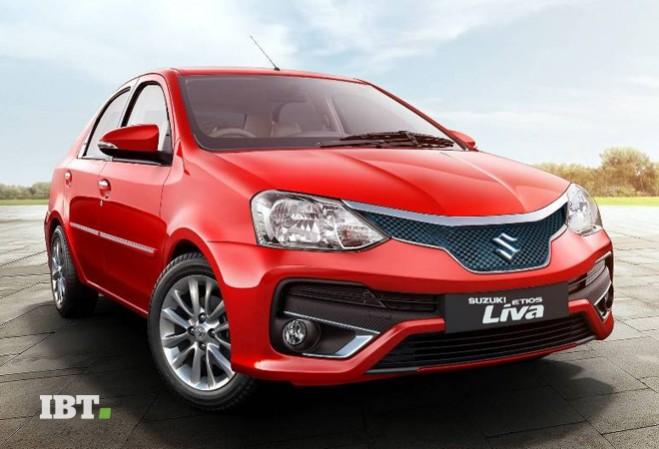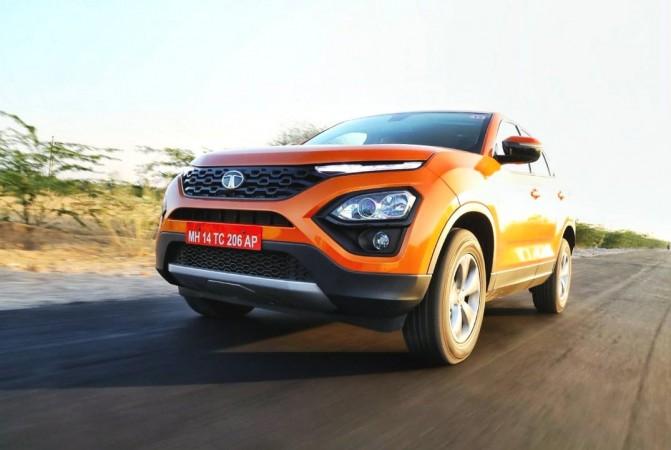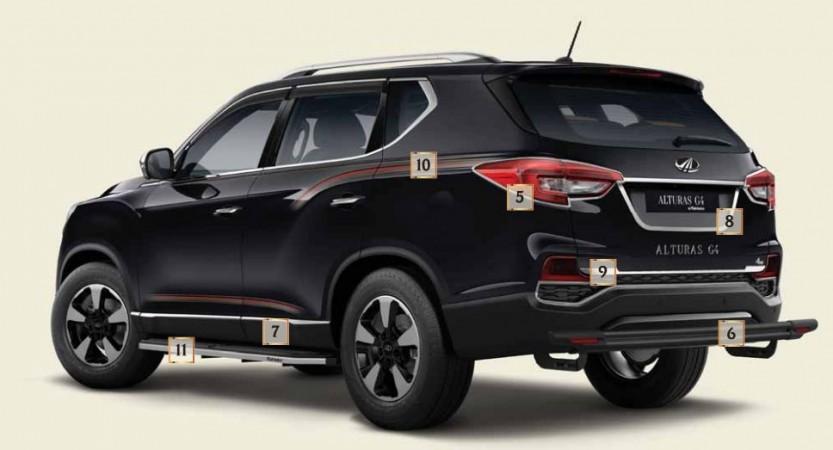
The Indian automobile market, the third largest in the world, has seen quite a few grand alliances in the last several years. While some were roaring successes, the others were either non-starters or those that just sputtered and died down.
The latest buzz on the Indian auto scene is about the impending marriage of Toyota and Suzuki. Toyota is the world's largest carmaker while Suzuki's Maruti subsidiary in India has more than half the market share in the country.
Alliance talks between these two behemoths have been going on for months. So what does the grand plan mean for the consumers in India? Also, why are the top carmakers getting into an alliance?
Suzuki holds the number one spot in Indian car sales with an unbelievably huge market share amid tight competition. Toyota is currently at the lowly sixth position, despite leveraging its capabilities as the global leader.
What consumers will get?
Toyota aims to seize a larger share of the small car segment while Suzuki will look at cracking the premium segments like an executive sedan and larger SUV market.
As per the latest reports, Toyota's flagship premium segment sedan Corolla Altis could be cross-budged by Maruti Suzuki under the alliance. This will help the Indian market leader heal the wounds from the disastrous launch of Kizashi. In return, Suzuki will pass on the Baleno and Vitara Brezza platforms to Toyota.
The alliance is also expected to let Suzuki nibble at the expanding tech Toyota has built up in the electric vehicle and hybrid segment. The Japanese-Indian leader will also look at making inroads into the SUV segment, where its presence is all but nothing, with Grand Vitara's aura fading fast.
Why are Toyota and Suzuki desperate?
Despite being the global leader Toyota has not been able to make the podium finish in India so far. Toyota has had roaring success with at least two premium segment cars, Innova and Fortuner but its success in the lower rungs is limited to nameplates like Etios that are popular only in the fleet segment.
If there's one reason why Toyota has not been able to leverage its goodwill and expand foothold in the Indian market it's that the market here is extremely price-sensitive. The Japanese behemoth would take a leaf from Suzuki's books when it comes to making cars at lower costs.
"There are a lot of things that Toyota needs to learn from Maruti. Maruti's operations are very simple but very effective while Toyota's operations are well considered but very complicated," the Mint cited an insider as saying. "Toyota cannot change so it needs to learn and follow Suzuki's way of doing things. Otherwise, it cannot set new standards," the source added.
The Economic Times had reported earlier this year Toyota would cross-badge Maruti Suzuki's premium hatchback Baleno and compact sports utility vehicle Vitara Brezza while the Indo-Japanese automaker would be supplied with the platform of Toyota's executive sedan Corolla.
Cross-badging is an industry strategy under which the same car platform is branded by two or more different companies with vestigial changes, mostly limited to body panels and design nuances. Volkswagen Vento/Skoda Rapid, Nissan Terrano/Renault Duster are some popular examples.
Pressure from home-grown rivals

Both Suzuki and Toyota are already feeling the heat from home-grown giants Tata and Mahindra, which are duelling for the third spot in the Indian auto market. Both these carmakers have doubled down on their strengths in recent times. They are now looking at adding value to their Indian offerings with the help of technological advancement that come from their foreign brands. While Tata has leveraged its advantages of owning Jaguar-Land Rover, Mahindra is cashing in on the know-how of SsangYong.

These two rivals have been too good in their own turf and are now advancing into the higher segments with the help of foreign technology inputs. Tata's Harrier and Mahindra's Alturas G4 are examples. This should make Suzuki and Toyota wary. A deal the benefits both will also help them scupper rising competition from Indian makers like Tata and Mahindra.
Will the deal come through?
Suzuki had toyed with the idea of partnering with Volkswagen earlier but the cross-badging alliance didn't come through after sitting on the drawing board for years. For it, partnering with the larger global rival in India will be a deal struck from a position of strength.
Toyota, on the other hand, has realised that it needs Suzuki's help in cracking the code that works for the price-sensitive Indian market. As per the deal, Suzuki and Toyota will make cars on shared platforms and sell them through their respective sales networks.
But this should not come away as easy as it sounds. While the Volkswagen-Skoda and Nissan-Renault cross-badging came from the same group companies, partnerships outside the corporate framework have been more difficult to materialise. The failed talks between VW-Skoda with Tata Motors for platform sharing is an example. Another example is the Mahindra-Ford talks that have seemingly gone nowhere.

















![India Auto Roundup: Maruti Suzuki, Mahindra have exciting launches in November [details here]](https://data1.ibtimes.co.in/en/full/805520/india-auto-roundup-maruti-suzuki-mahindra-have-exciting-launches-november-details-here.jpg?w=220&h=135)